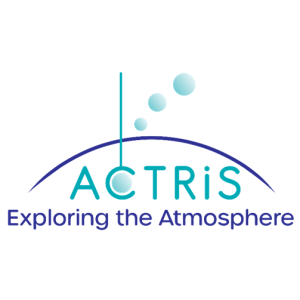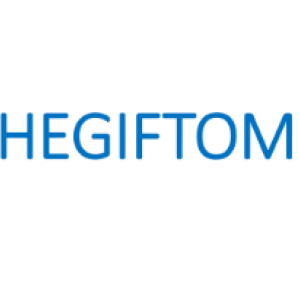On 25 April 2023, ACTRIS was established as a European Research Infrastructure Consortium (ERIC) for state-of-the-art data and services in atmospheric research. The establishment of ACTRIS ERIC brings to fruition a long-term effort by several European countries to create a sustainable infrastructure supporting atmospheric and climate research. With ACTRIS, researchers, industry, and countries get access to key information on the state of the atmosphere and to the best research platforms in Europe for understanding and predicting the evolution of atmospheric composition and its impact on air quality and climate.
News and Events
The second phase of the Tropospheric Ozone Assessment Report (TOAR-II) is organized in focus working groups that should produce the papers for the TOAR-II Community Special Issue (the first step of the second Tropospheric Ozone Assessment Report).
For 2023 and beyond, model support for the FTIR, Lidar, Dobson, and Sonde working groups will be provided from a GEOS called Replay. Replay meteorology is very close to MERRA2, particularly below 10 hPa. It is run with the same chemistry mechanism as the GMI CTM.
Files for all lidar, sonde, Dobson, and FTIR stations are now available for download. The files were created with the GMI chemistry transport model integrated with MERRA2 meteorology. The model version is the same one used in the previous years of output (1985-2021).
The NDACC Steering Committee held its annual meeting 26-30 September 2022 at the Institute of Complex Systems in Paris, France. The meeting was conducted in a hybrid format because of continuing COVID-19 travel restrictions.
ATMO-ACCESS is an EU Infrastructure project with the objective of delivering a series of recommendations for establishing a comprehensive and sustainable framework for access to distributed atmospheric Research Infrastructures (RI), ensuring integrated access to and optimized use of the services they provide.
Files for all lidar, sonde, Dobson, and FTIR stations are now available for download. The files were created with the GMI chemistry transport model integrated with MERRA2 meteorology. The model version is the same one used in the previous years of output (1985-2020).
The Stratospheric Processes and their Role in Climate (SPARC) marks its 30th year as a project in the World Climate Research Programme. SPARC will host a series of three webinars to celebrate this milestone.
The next SPARC General Assembly will take place from 24–28th October 2022 at three hubs located in (1) Qingdao, China (2) Reading, UK, and (3) Boulder, USA.
The NDACC DHF team announces its newest DHF Query Tool: Full Data Query. This tool is a robust search of the database using keywords from the NDACC database tables, and provides a list of matching files which can be selected to general a downloadable file containing the chosen data.

